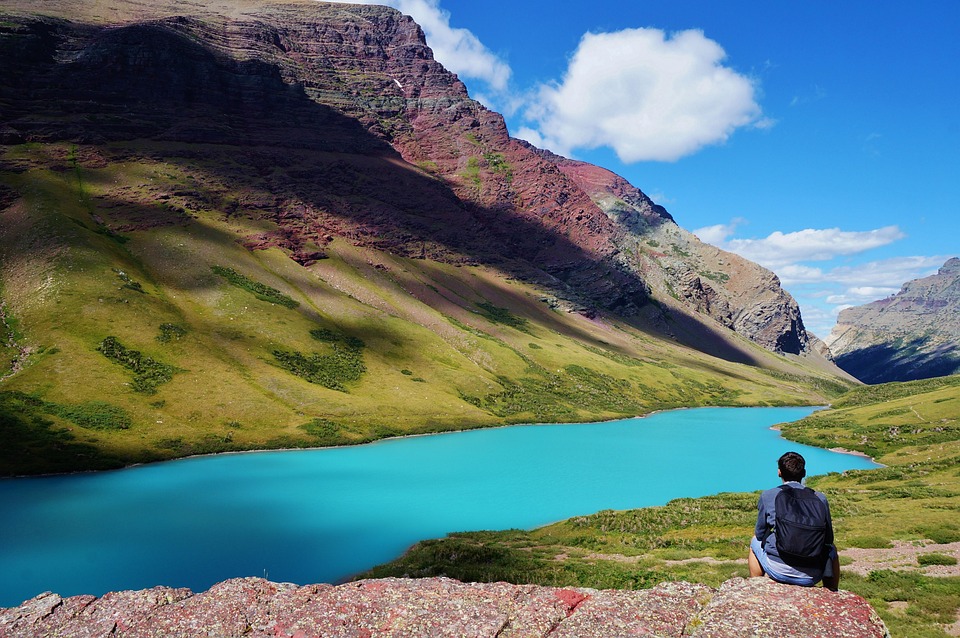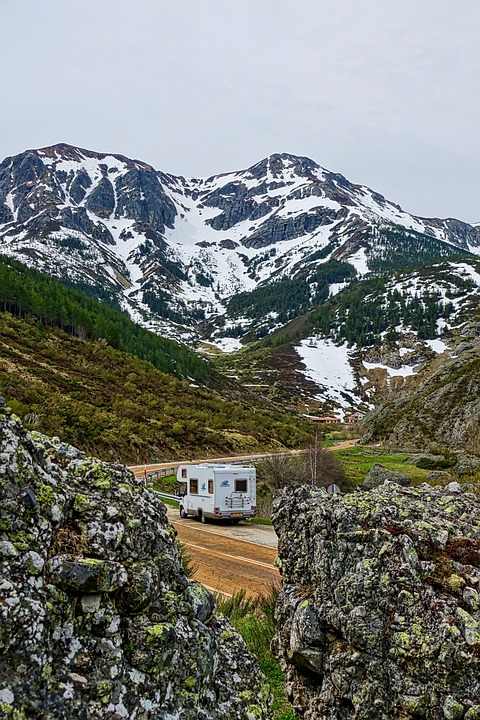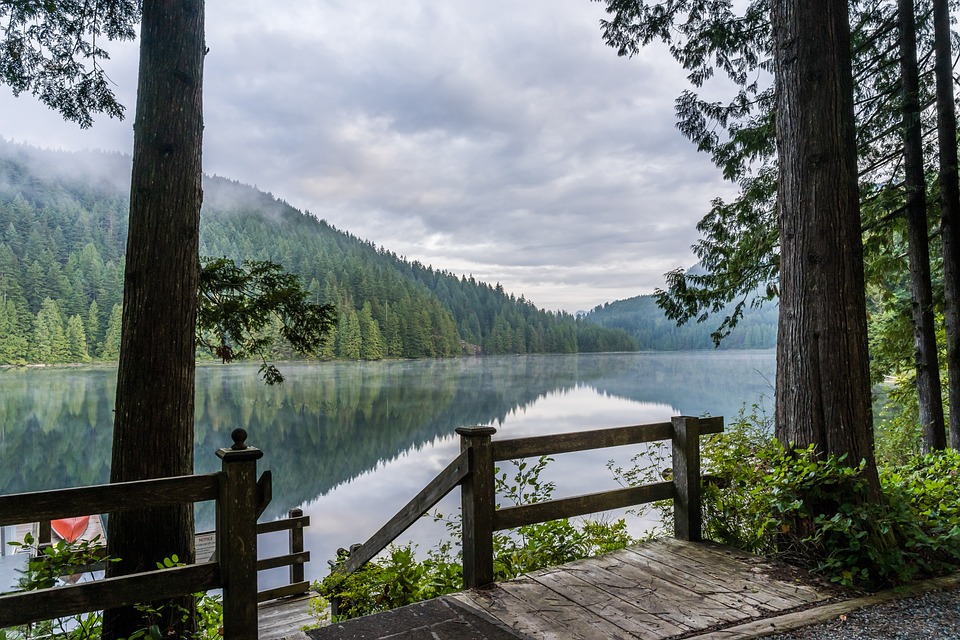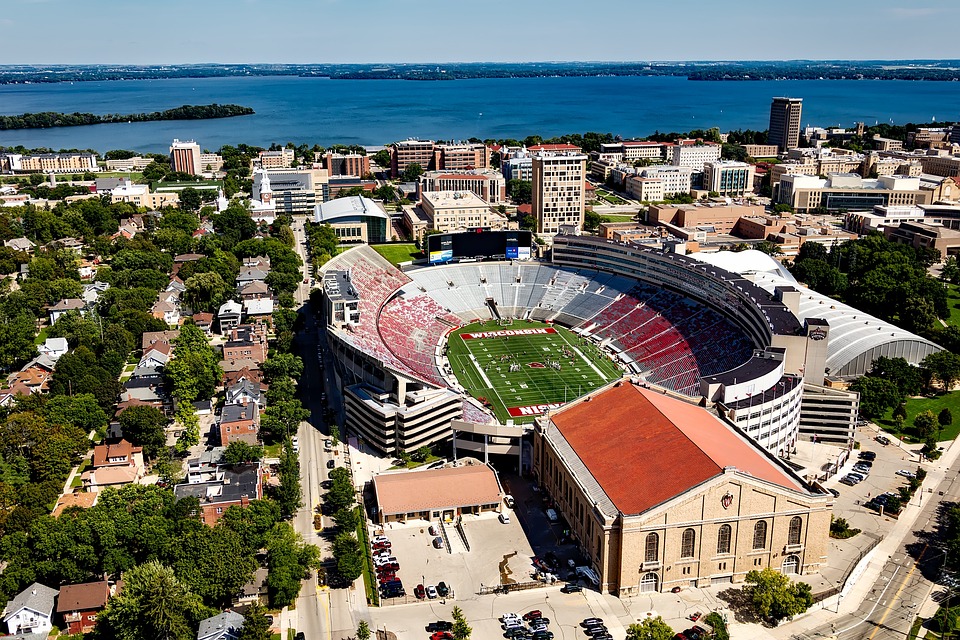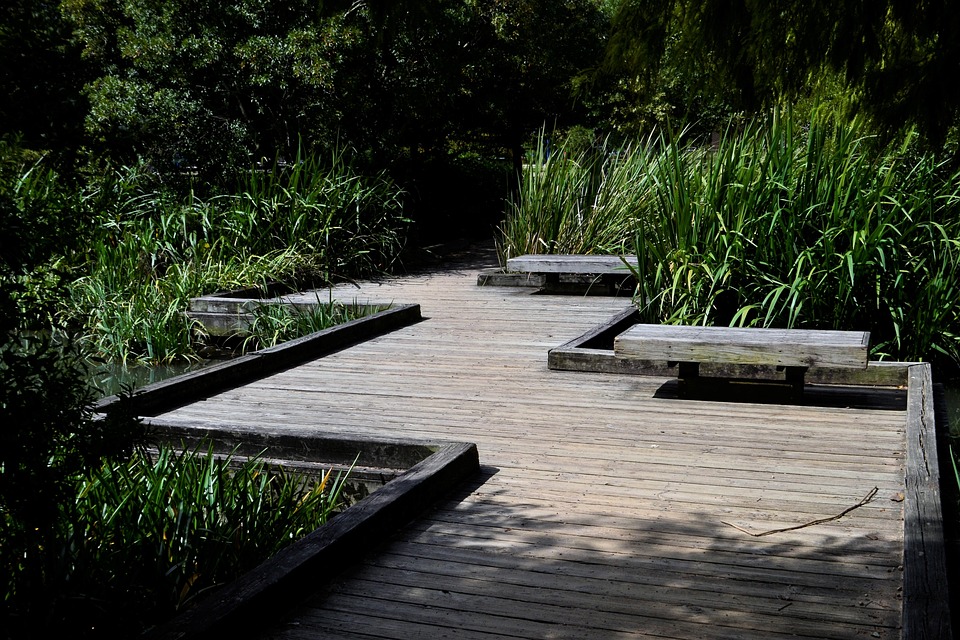Camping
-
From Tents to Stoves: The Latest Camping Equipment Trends
The latest camping equipment trends include lightweight and compact tents, tech-integrated gear, portable power solutions, innovative cooking stoves, and eco-friendly options. These trends enhance comfort, convenience, and sustainability in camping.
Categories: Camping -
Why Glamping is the Perfect Way to Reconnect with Nature in Style
Glamping combines luxury and camping, providing comfort, beautiful locations, unique experiences, and eco-friendly practices. All necessary camping gear is provided, making it suitable for all seasons.
Categories: Camping -
Unleashing Your Inner Explorer: How a Tent Can Revolutionize Your Outdoor Experience
Learn how a tent can enhance your outdoor experience by providing flexible accommodation, a cozy home in nature, front-row access to natural beauty, and opportunities for bonding and exploration. The FAQs address setting up tents, weather considerations, winter camping, bringing pets, and eco-friendly options.
Categories: Camping -
Eco-Friendly Camping: Sustainable Tent Options for Responsible Outdoor Enthusiasts
This article discusses eco-friendly camping and sustainable tent options for responsible outdoor enthusiasts. It explores materials like bamboo and organic cotton, minimalist designs, durability, and answers frequently asked questions.
Categories: Camping -
Campfire Cooking Made Easy: Must-Try Recipes and Camping Food Tips
Campfire cooking is an important part of camping. This article provides easy recipes like chili and cornbread, hobo packets, and grilled sausage and veggies. It also offers tips like meal planning, investing in quality cookware, and using foil and grill baskets. There is also a FAQ section with answers about vegetarian meals, controlling heat, and…
Categories: Camping -
Healthy and Nutritious Camping Meals: Enhance Your Outdoor Adventure
This content provides tips for preparing healthy and nutritious meals while camping, including pre-cooking meals, simple breakfast ideas, wholesome lunch and dinner options, and smart snack ideas. It also answers FAQs regarding perishable ingredients, cooking alternatives, vegetarian or vegan options, and food safety.
Categories: Camping -
Leave No Trace: How to Camp Responsibly and Preserve Nature
Leave No Trace principles promote responsible camping by minimizing human impact on the environment. It involves planning, camping on durable surfaces, proper waste disposal, respecting wildlife and other campers, and following local regulations.
Categories: Camping -
Escape the Hustle and Bustle: A Journey into Off the Grid Camping
Off the grid camping allows individuals to disconnect from technology and reconnect with nature, promoting sustainability. Challenges include lack of amenities and limited connectivity. Tips include research, packing essential gear, learning wilderness skills, and practicing Leave No Trace principles. Popular off the grid camping locations include national parks and private sites. Generators, solar panels, and…
Categories: Camping -
Heat-Proof Your Camping Trip: Stay Hydrated and Avoid Heat-related Issues
To heat-proof your camping trip, stay hydrated by drinking plenty of water and electrolyte-rich beverages. Choose a shaded campsite and plan activities for cooler parts of the day. Create shade, keep food cool, and be prepared for emergencies. Opt for breathable fabrics to stay cool.
Categories: Camping



